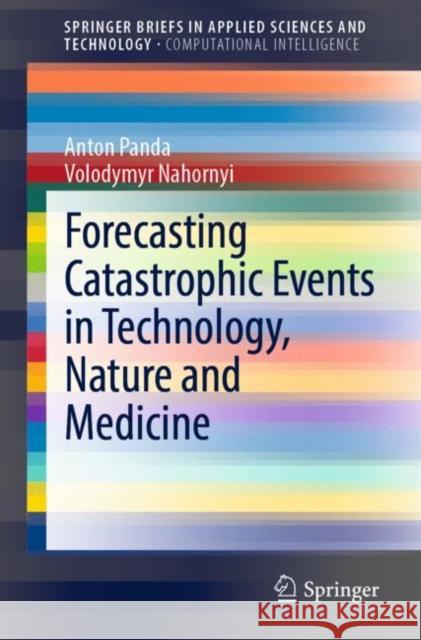Forecasting Catastrophic Events in Technology, Nature and Medicine » książka
topmenu
Forecasting Catastrophic Events in Technology, Nature and Medicine
ISBN-13: 9783030653279 / Angielski / Miękka / 2021 / 97 str.
Kategorie:
Kategorie BISAC:
Wydawca:
Springer
Język:
Angielski
ISBN-13:
9783030653279
Rok wydania:
2021
Wydanie:
2021
Ilość stron:
97
Waga:
0.17 kg
Wymiary:
23.39 x 15.6 x 0.61
Oprawa:
Miękka
Wolumenów:
01
Dodatkowe informacje:
Wydanie ilustrowane











